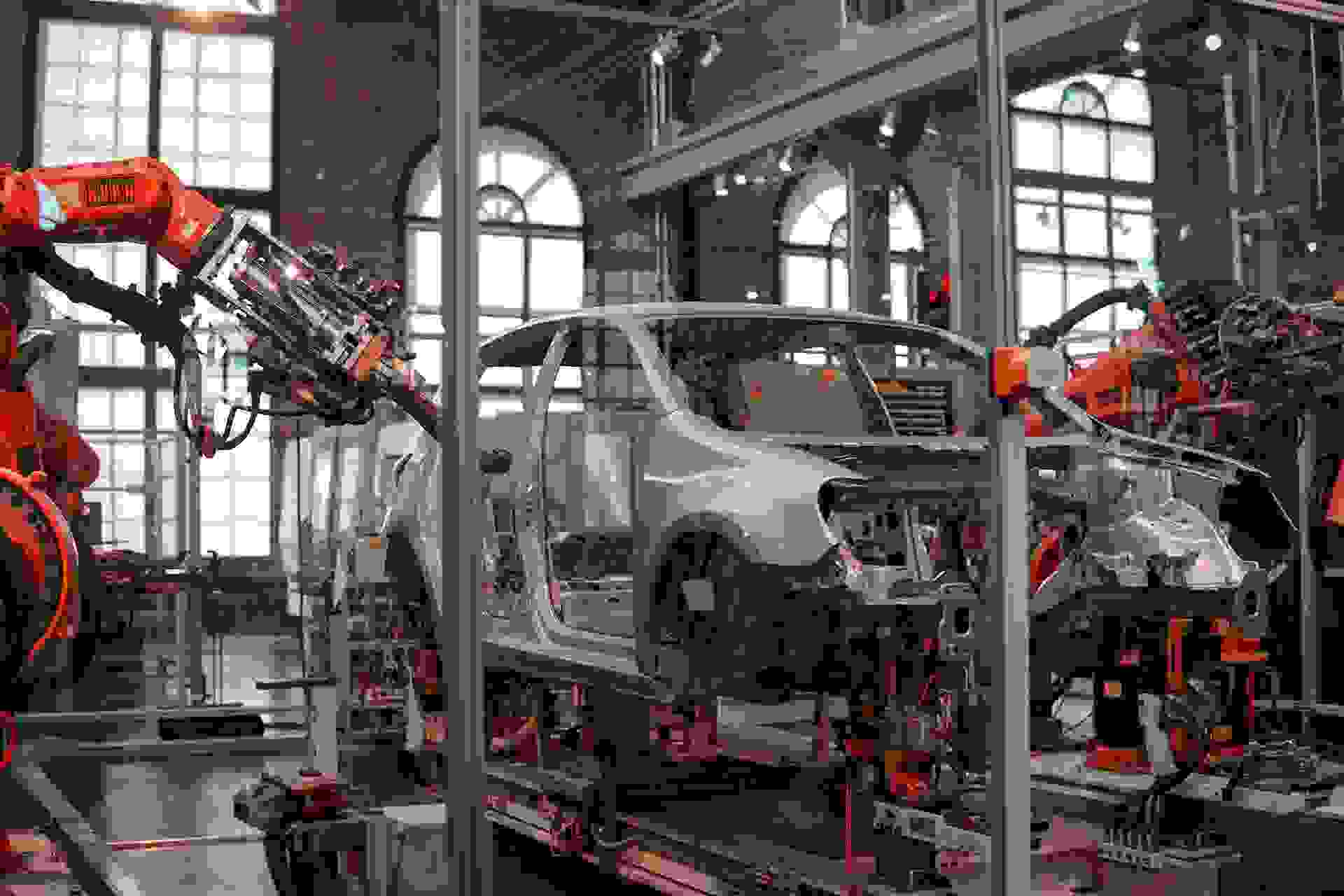Automakers around the world are shifting to electric vehicles
in an effort to reduce their carbon footprints and slow down global warming. But tailpipe emissions aren’t the only pollutants car companies have to worry about. Car production is also a major concern. New data from Germany shows the extent of the problem. The analysis shows that the country’s auto manufacturing sector still relies heavily on non-renewable energy like coal and natural gas to power their plants.
And while U.S. brands like Ford and GM have set targets to switch to green energy in the coming years, they still have a long way to go before reaching net-zero. Jerry
, your car ownership super app, has the details. German data reveals a tough journey ahead for automakers
German automakers are on the forefront of the industry’s shift to EVs. Volkswagen (VW) in particular has quickly positioned itself as the Tesla’s biggest rival, owning 11% of the electric vehicle market—only three percentage points behind the industry leader.
But when it comes to manufacturing, the company’s road to sustainability remains steep. Reuters
says 80% of the energy VW consumes in Germany for production comes from non-renewable sources, primarily from natural gas piped in from Russia. The story from competing automakers like BMW, Mercedes-Benz, and Tesla sounds the same. And you might think the sanctions on Russia would push them toward greener energy, but it actually forces them to backtrack toward dirtier sources like coal.
MORE: Leaded Gas Is Finally Gone
How automakers plan to make production greener
While the above picture doesn’t look good, it doesn’t tell the whole story. All of Germany’s car brands have plans to produce carbon neutral products in carbon neutral facilities by 2050. And the first steps toward those goals are already underway.
Renewable on-site power generators can be found at factories in Germany
owned by VW, BMW, Mercedes-Benz, and Tesla, though they supply less than 1% of energy these auto plants need. Automakers have also partnered with the government to reshape the power grid, but that process will take a long time. In the U.S., automakers are taking similar steps, with faster results. Ford partnered with Michigan’s DTE Energy to power its Dearborn plant using wind energy. GM made similar steps and expects all its U.S. facilities to be completely powered by renewable energy by 2025.
How you can make car ownership greener
MORE: Adorable Little Pests Are Wreaking Havoc on Cars in Germany
For many environmentally conscious consumers, car ownership is a necessary evil. But a few steps can cut your emissions down considerably.
The first and obvious step is to switch to an electric car, but their sticker prices and car insurance
rates still keep them out of reach for many drivers. Alternatives like hybrids and fuel-efficient models are likely more realistic, especially for younger drivers. Once you’re behind the wheel, gas-saving measures like avoiding idling, turning off your air conditioning, following speed limits, and paying for regular maintenance can reduce your car’s carbon output and save you money.
You can also save on car ownership by shopping with Jerry for car insurance. A licensed broker that offers end-to-end support, the Jerry app gathers affordable quotes, helps you switch plans, and can even help you cancel your old policy. The average Jerry user saves over $800 a year on car insurance.
